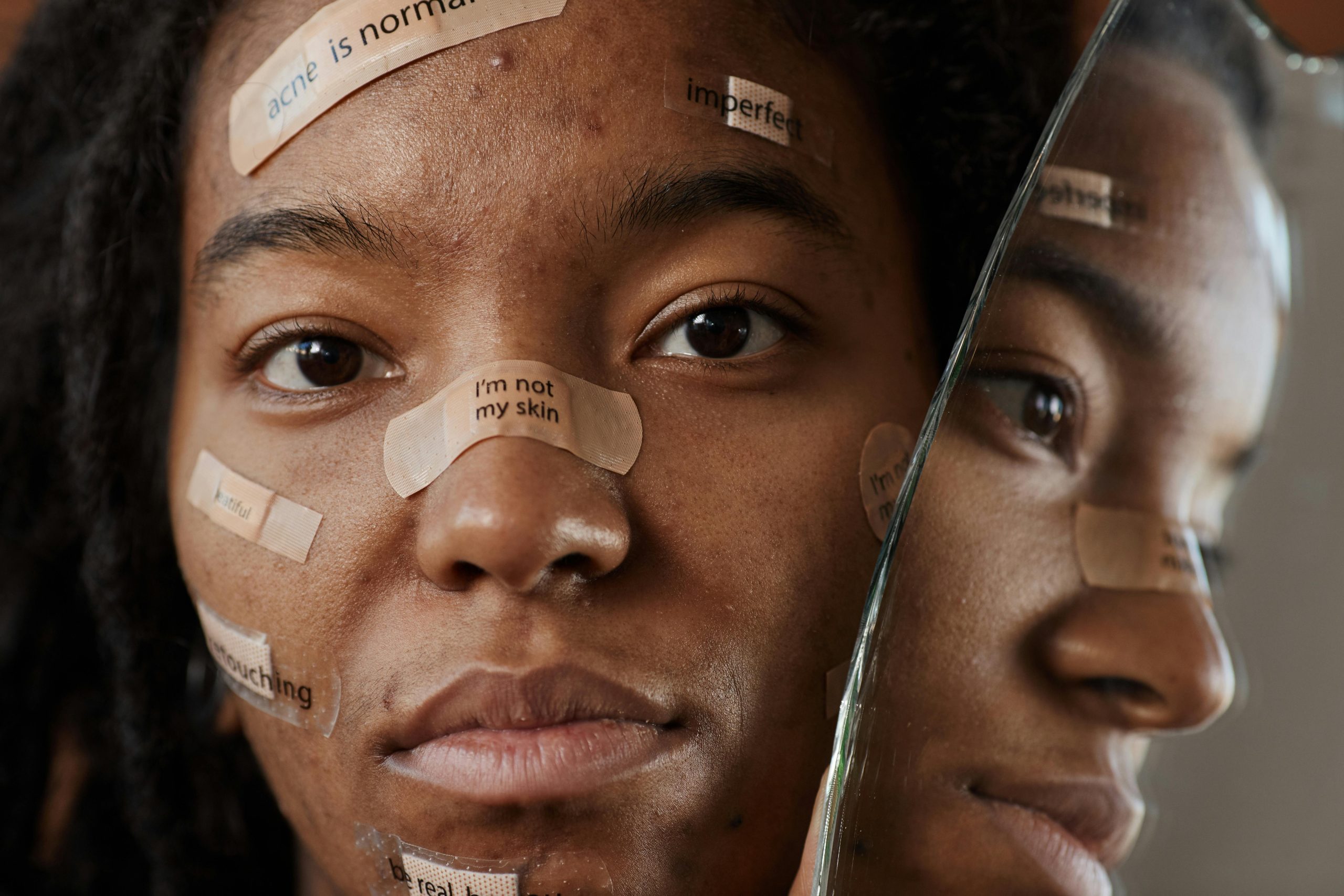Navigating Settlement Checks After a Totaled Car: What to Do Next
Purchasing a used car can be an exciting yet nerve-wracking experience, especially when things don’t go as planned. Recently, I found myself in an unexpected situation. After buying a car, it was unfortunately totaled the very next day on the highway. However, the settlement check from the insurance company turned out to be more than the amount I paid for the vehicle at the dealership.
Here’s where things get tricky. The dealership mentioned that if the check is directed to my financing bank, I would receive the difference as a refund. However, if the check is sent to the dealership, they suggested using it to get me into a new car with them. Given my recent experience, I’m hesitant to continue dealing with this dealership and would prefer to have the funds returned instead.
This is an entirely new experience for me, and I’m trying to understand if I have the right to request the dealership to return the extra money. What steps can I take if they insist on holding onto the funds and persuading me to purchase another vehicle from them?
Seeking a Solution
For anyone navigating a similar circumstance, here’s what I’ve learned so far:
-
Understand Your Rights: It’s crucial to be aware of your rights in this situation. The terms of your contract with the financing bank and the dealership may provide insights into who is eligible to receive any excess settlement funds.
-
Open Communication: Reach out to both the financing bank and the dealership. Clarify the details and express your preference to have the funds returned rather than tied up with the dealership for a new car purchase.
-
Legal Advice: Consulting with a legal expert or consumer protection agency can provide guidance on your rights and how to handle disputes with the dealership effectively.
-
Document Everything: Keep a record of all communications and agreements. This is essential if any disputes arise about where the settlement check should be allocated.
Being vigilant and informed is key to ensuring your best interests are maintained. If you’ve been through a similar experience or have insights on handling such situations, feel free to share your thoughts in the comments below.




I’m sorry to hear about your unfortunate situation with the car. Navigating insurance settlements and dealership negotiations can be complex, especially if you’re new to the process. Here’s a breakdown of the steps you can take to ensure you receive the settlement funds you are entitled to:
Understanding the Settlement Process: Typically, when a car is financed, the insurer will issue the settlement check to the lienholder (usually your financing bank). The lienholder has a right to be compensated up to the amount owed on the loan. Any amount remaining after the loan is paid off should be returned to you.
Verify Your Loan Payoff: First, confirm the payoff amount with your financing bank. Once the loan is satisfied, any excess from the insurance settlement should be reimbursed to you.
Communicate with Your Lender: Have a conversation with your lender regarding how surplus funds from the settlement will be handled. Most banks will send you a check for the remaining balance after the loan is settled, but it’s important to confirm this process with them.
Dealing with the Dealership: As you mentioned, you’d prefer not to engage with the dealership again. If the dealership is pressuring you to accept a deal, it’s crucial to remember that you have the agency to refuse. A settlement check should not go directly to the dealership unless they hold the lien, which is uncommon.
Legal Advice: If the dealership insists on keeping the check or ties the funds to a purchase, consider consulting with an attorney who specializes in consumer rights or automotive law. They can provide guidance based on your specific circumstances and local consumer protection laws.
Documentation: Keep detailed records of all communications with the dealership, your lender, and the insurance company. This documentation can be useful if any disputes arise.
Negotiating Future Transactions: If you choose not to work with that dealership again, let them know your decision clearly and professionally. Explore other dealerships if you decide to purchase another vehicle.
Maintain Professionalism: While it might be frustrating, maintaining a calm and professional demeanor can be effective when dealing with financial and legal matters. This approach can help you stay focused and make decisions that align with your goals.
Ultimately, it is your right to receive any surplus funds from an insurance settlement after a loan is paid off. It’s great to see you being proactive about ensuring those funds are returned to you. Good luck